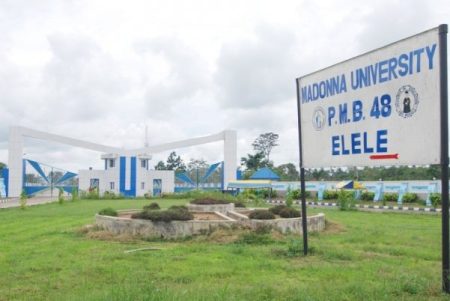Paragraph 1: The Ghanaian government, spearheaded by the Ministry of Energy and Green Transition, is embarking on a transformative journey towards sustainable transportation by prioritizing electric vehicles (EVs). A groundbreaking policy is in the works, awaiting Cabinet approval, that mandates the use of EVs for all government ministers. This initiative is not confined to ministerial transport alone; it aims to encompass other state institutions, effectively setting a precedent for wider EV adoption across the public sector. This strategic move signals a significant commitment to cleaner transport options and marks a pivotal step towards a greener future for Ghana. The policy’s implications are far-reaching, promising not only environmental benefits but also significant economic advantages for the nation.
Paragraph 2: The rationale behind this ambitious EV policy rests on both environmental and economic pillars. Minister John Jinapor underscores the dual benefits of transitioning to EVs, citing the pressing need to address environmental concerns while also recognizing the economic imperative. Electric vehicles offer a compelling economic case due to their significantly lower operating costs compared to conventional vehicles reliant on fossil fuels. Simpler engine designs and reduced maintenance requirements translate into substantial long-term savings, making EVs a fiscally responsible choice. Furthermore, adopting EVs is projected to reduce operational costs for public transport, eventually leading to lower commuter fares. This transition also serves as a buffer against the volatile global fuel market, shielding Ghana from the unpredictable fluctuations in fuel prices.
Paragraph 3: To facilitate the seamless integration of EVs into Ghana’s transport landscape, the Ministry plans a strategic rollout of charging infrastructure. A key component of this plan involves deploying charging stations at strategically chosen locations. GOIL fuel stations, with their extensive network, and key transport terminals situated along major urban corridors have been identified as prime locations for these charging facilities. This initiative is a collaborative effort involving the Ministry of Environment and GOIL, a state-majority-owned company, demonstrating a concerted effort to create a robust and accessible charging network. The Ministry’s commitment to supporting this nationwide deployment, in partnership with various agencies and private sector stakeholders, underscores its dedication to making the EV transition a reality.
Paragraph 4: The launch of a 60kW solar-powered EV charging station in Accra serves as a tangible representation of the government’s commitment and a crucial milestone in the journey toward sustainable transportation. This initiative stands as a testament to the effectiveness of collaboration between the government, international development partners, and private stakeholders. Minister Jinapor views this as a symbolic achievement and urges broad participation in the transition. He calls upon transport operators, investors, and industry players to join forces in building the necessary infrastructure, offering incentives, and integrating sustainable practices into Ghana’s transport and energy systems. This collective approach is vital for the successful adoption of EVs across the country.
Paragraph 5: While the government takes the lead in providing the necessary regulatory framework and fostering a conducive environment for EV adoption, the role of the private sector is deemed crucial. Minister Jinapor emphasizes the importance of private sector investment in achieving widespread adoption of EVs. The Ministry recognizes the need for a collaborative approach, combining government support with private sector engagement to drive the transition forward. This public-private partnership model is essential for building a sustainable EV ecosystem, ensuring that the necessary resources and expertise are leveraged to achieve the desired outcomes.
Paragraph 6: The EV initiative aligns perfectly with Ghana’s broader ambition to transition towards a green economy. This transition is in line with international climate goals and reflects the government’s pledge to revolutionize its energy and transport systems. The launch of the solar-powered charging station, spearheaded by the Energy Commission in collaboration with GIZ, the German international development agency, signals Ghana’s commitment to a cleaner, more sustainable future. This collaborative project, backed by a 50-year history of cooperation between Ghana and Germany, underlines the international support for Ghana’s green energy agenda. The EV program is an integral part of a comprehensive strategy to achieve a sustainable and environmentally responsible future for Ghana, demonstrating the country’s commitment to global climate action and innovation in the energy and transport sectors. This integrated approach, combining policy, infrastructure development, and international partnerships, positions Ghana as a leader in the pursuit of sustainable development in Africa.














